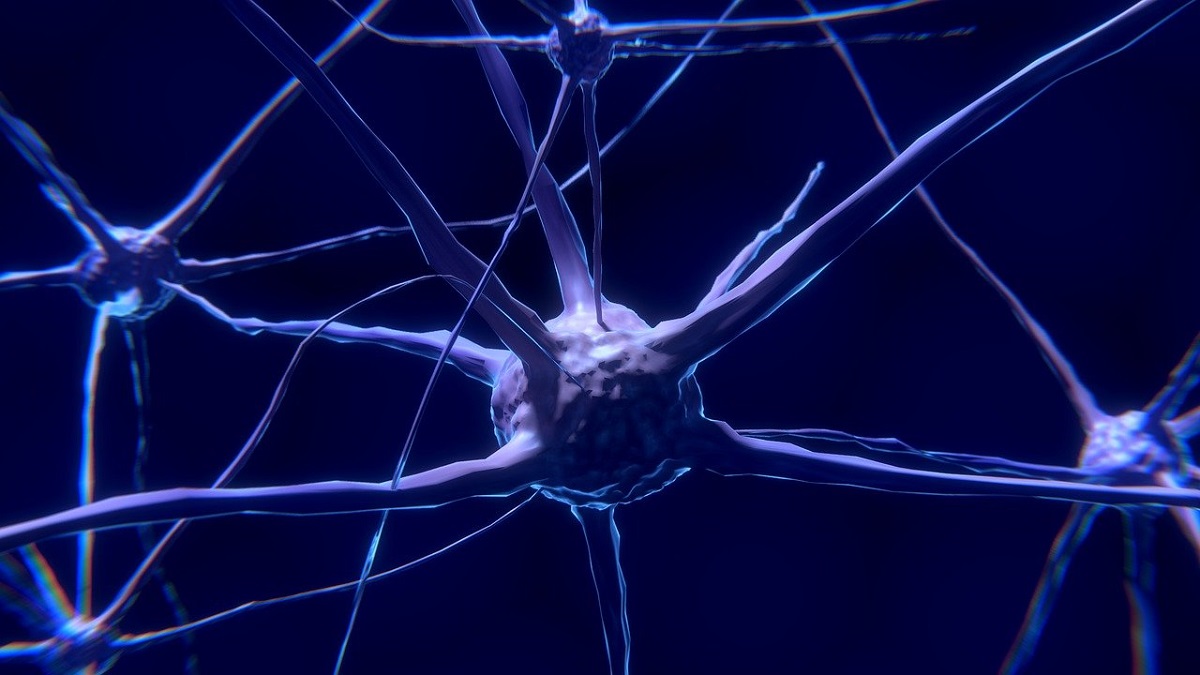Brain implant allows paralyzed man to speak again
A man, nicknamed Pancho, suffered a terrible accident in 2003, resulting in a stroke that left him unable to speak. Nevertheless, American researchers have used a new approach called ” speech neuroprosthesis To use the areas of his brain dedicated to speech. An implant placed in his brain then allowed him to produce understandable words and sentences by simply trying to pronounce them.
This invention, a world first, was first reported in the New England Journal of Medicine.
Pixabay credits
This brain implant would be a second chance to speak again
Concretely, the researchers implanted 128 electrodes in the areas of the brain dedicated to language. The brain implant was designed to detect signals from various sensory and motor speech-related processes generated by the lips, jaw, tongue and larynx. The researchers then gradually connected this implant to a computer. Pancho was subsequently led to express several simple words.
A specially designed artificial intelligence program then converted the electrical signals recorded by the electrodes into words. Then the words turned into phases. Pancho was thus able to write that it is ” a life-changing experience. Not being able to communicate with anyone, have a normal conversation, and express yourself in any way is devastating. It’s very hard to live like that. It’s really like having a second chance to speak again “.
Researchers want to get closer to the rhythm of a normal conversation
David Moses, one of the team, explained that the system translates brain activity – which would normally have controlled its vocal apparatus – directly into words and sentences.
If the patient could only output five words per minute with the mouse he previously controlled with head movements, he could now output 15 to 18 words per minute. The researchers argued that faster decoding would be possible. They thus set themselves the goal of getting closer to the rhythm of a typical conversational speech of about 150 words per minute.
In any case, the speech neuroprosthesis is part of a wave of innovations aimed at helping tens of thousands of people who cannot speak but whose brains have neural pathways capable of doing so.


